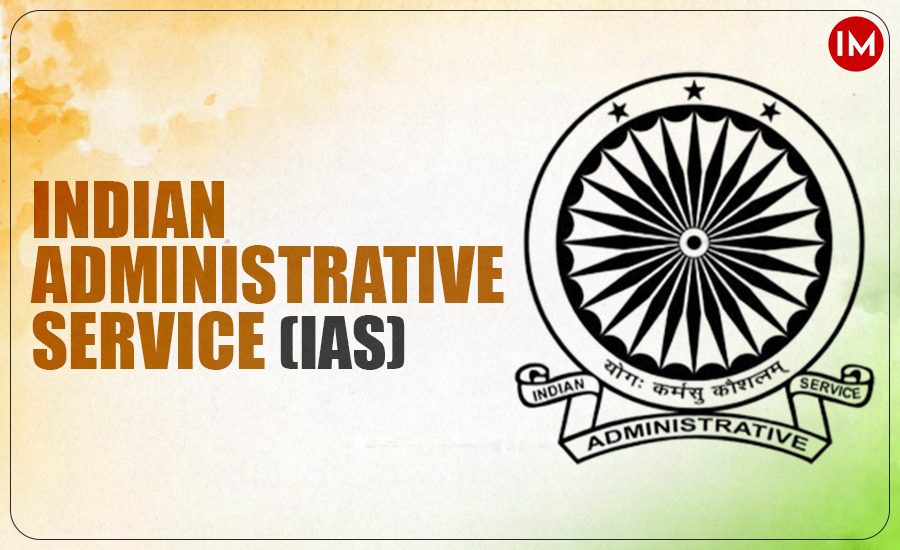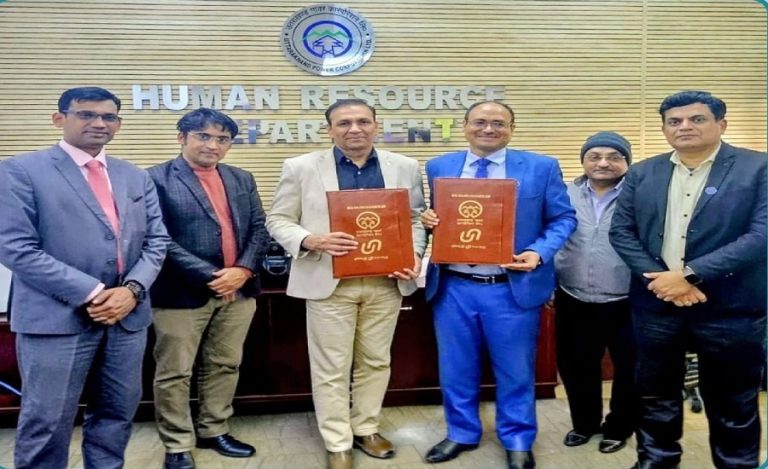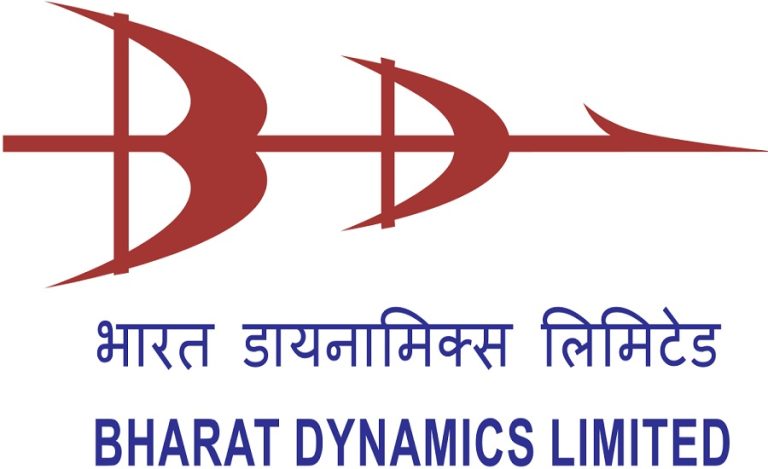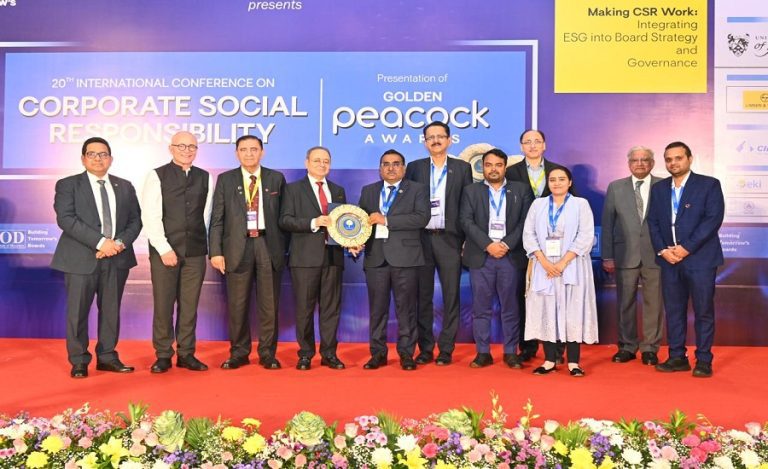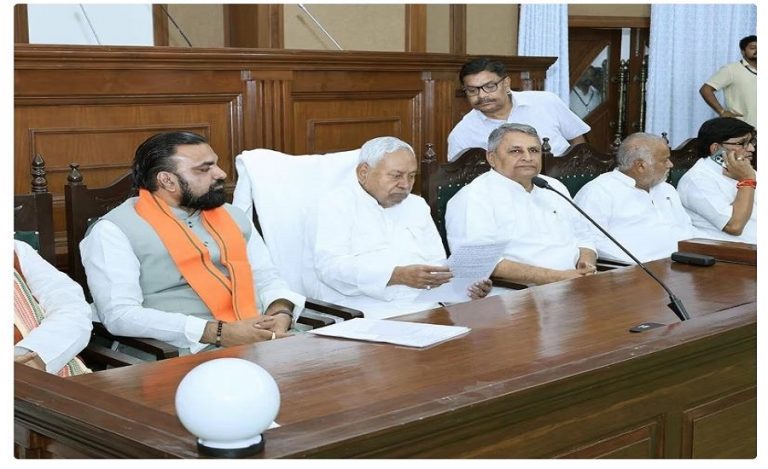Thiruvananthapuram: A rare and public war of words has erupted between two senior bureaucrats in Kerala, as retired IAS officer of 1982 batch and Chief Minister’s Chief Principal Secretary K M Abraham broke his silence on a High Court directive ordering a CBI FIR against him, only to be met with a scathing public rebuttal from suspended officer N Prasanth, an IAS officer of 2007 batch.
The row unfolded on social media after Abraham posted a detailed response defending himself against the Kerala High Court’s April 11, 2025 order, which directed the CBI to register an FIR against him in a disproportionate assets case.
Abraham Defends Himself on Social Media
Soon after the court’s directive, K.M. Abraham took to Facebook to post a detailed rebuttal. In his post, he expressed disappointment, claiming that he was neither heard in person nor given an opportunity to submit a written explanation before the court ordered the probe.
Abraham asserted that his entire career had been marked by integrity and clean service. He hinted at the possibility of political motivations behind the move and alleged that he was being unfairly targeted.
N. Prasanth Rebukes Abraham’s Response
Suspended IAS officer N. Prasanth responded sharply to Abraham’s Facebook post, also using the platform to issue a public criticism. He accused Abraham of undermining the authority of the court by publicly questioning its decision.
Prasanth noted that when he himself was under investigation, he chose not to complain or make public statements. He emphasized that individuals in positions of power must uphold accountability, and any public rebuttal that casts aspersions on the judiciary could be seen as inappropriate or disrespectful.
He also accused Abraham of maintaining double standards, claiming that Abraham had failed to respond to public grievances during his time in office.
Social Media and Bureaucratic Accountability
This rare public exchange between two senior bureaucrats has generated significant attention. Observers see it as part of a broader trend where civil servants are increasingly turning to social media to shape narratives, defend reputations, and respond to allegations.
While some view this as an evolution in public transparency, others express concern over internal conflicts within the bureaucracy spilling into the public domain, potentially undermining institutional processes and judicial integrity.
What Lies Ahead
With the CBI now set to begin its investigation in the coming days, the case is likely to remain in the public eye. Regardless of the outcome, the developments underscore that even retired officials are not immune to scrutiny, and their actions – past or present – can have lasting consequences.
This case is being closely watched by civil service aspirants, policy analysts, and the general public, as it brings to light the evolving nature of governance, accountability, and public discourse in India’s digital era.

